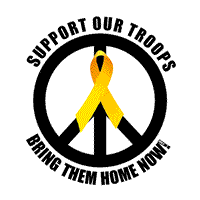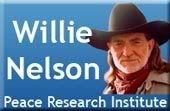Dvar Torah - Sukkot
In honor of the yahrzeit of Jack Roth I offered the following dvar Torah during mincha at the Women's League Seminary Synogogue here at JTS:
This week we begin the festival of Sukkot. The Torah described in Numbers 29.12-39 the sacrifices that were to be offered in the Temple during this festival. What stands out when reading these verses is the staggering number of animals to be offerred during the 8 days of Sukkot: 98 Lambs and 70 bulls in total. To give some perspective Pesach requires a total of only 16 bulls and no other holidays requires more than 2. The question then is, why are we asked to offer 70 bulls on Sukkot?
The Talmud (Sukkah 55b) tells us that the 70 Bulls represent the 70 gentile nations of the world and that on Sukkot, the festival of thanksgiving, Israel offers these bulls on behalf of the gentile nations just in case they forget to be grateful to God. We are told that reminding other nations to be grateful to God is one of Israel’s tasks in the world. Rabbi JH Hertz in his commentary on the Torah puts forth the idea that more than just a thanksgiving sacrifice, these bulls are meant as an atonement for all mankind. Now this shouldn’t come as too much of a shock, after all doesn’t God tell us through His prophet Isaiah that we shall be “a light to the nations,” which many believe to mean that we shall be the instrument by which God redeams the world?
But what does that mean for us? Through our various studies and chosen careers, most of us are here at JTS to strengthen the Jewish People, fortify our communitites, and ensure the continuation of Judaism and Jewish culture in some way. I would say that one of the lessons of these verses is that we should keep in mind that we do not do these things solely for thier own sake. We as Jews have a mission in this world. We are charged with being the instrument by which the world is brought closer to the God of Abraham. And to be sure, for this to happen the Jewish people and Judaism must survive. But we should be on guard against ignoring the rest of the nations of the world. They need us.
I leave you with the words of Hillel the Elder:
“If I am not for me, who will be?
If I am only for myself, what am I?
And if not now, when?”














0 comments:
Post a Comment